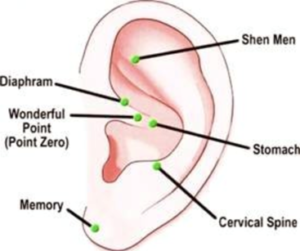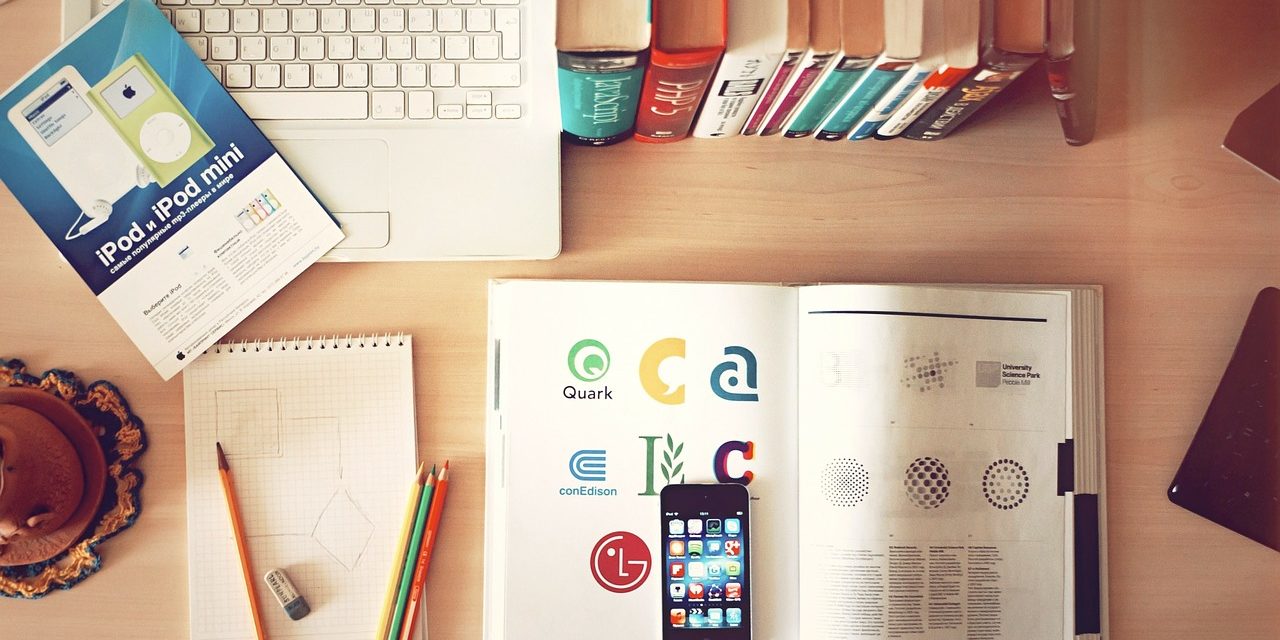Very soon, students will be poring over their books in preparation for exams, and parents will be worrying. It is a stressful time for the whole family, so what can parents do to help their children alleviate the anxiety associated with exams? Often parents try to push their children, control their revision, or feel helpless because they don’t know the subjects their children are studying. What you need to know as a parent is that you don’t have to be an expert in any of the subjects, you just need to stay level-headed and find a way to motivate and support your child.
It is hard for young people to fully understand the long-term importance of doing well at exams; hard to reject the immediate fun of going out with friends for the sake of the long-term benefits of doing their best during revision. Some understand it better than others, children differ in their levels of maturity, ability to take responsibility for learning, and their levels of self-motivation. This is where parents come in. Your interest, support and encouragement can make a difference to your child’s motivation and ability to cope with exam marathon.
STRATEGY FOR PARENTS:
- Agree the balance between your son or daughter’s work and social life and stick to the agreement. But be flexible – if a special night comes up, let them go out, but agree that they can make up the work at another, specified time
- All students fall behind, feel demotivated or overwhelmed, or struggle with the balance of social and work demands. When your child feels like this, berating and threatening them won’t help. Better to acknowledge their feelings, discuss the issues with them and try to find a solution together
- Use the 80/20 rule. If your child is sticking to what they are supposed to be doing 80% of the time, they are doing well!
- Teenagers often take an all or nothing ‘catastrophic’ approach to difficulties – “I can’t remember anything, I might as well give up.” Encourage them by helping them to see the difficulties in perspective.
Having grasped the immediate parental strategies, you might also like to introduce your child to the best revision strategies, based on the latest neurological research. Neuroscientists have been working for years to understand how teenage brain works to optimise learning. Their latest research provides the most comprehensive strategies yet for effective learning.
STRATEGIES FOR STUDENTS:
- First and foremost, start revising early, and spread out your revision over time. Actors don’t leave rehearsals until the opening night, footballers don’t only train the day before the match. To commit something to memory takes time. Spreading out revision sessions on a particular topic (eg one-hour sessions over 10 days) is more effective than spending the same amount of time in one go (10 hours in one day). This effect, known as ‘spacing’ or ‘distributed practice’ helps because it allows time in between revision sessions to forget and re-learn the material. This strategy is considered one of the most effective in the entire history of experimental research on learning and memory.
- Writing summaries doesn’t help. Students who go back and re-read, learn as much as students who write a summary as they are reading. Cramming doesn’t help either. Students who cram may pass the exam, but they won’t retain the material. Of course, crammers will remain crammers, and students are likely to rely on what works for them, but it’s useful to know what’s been scientifically proven to work best.
- Test yourself. Leading research in the field of memory suggests that testing yourself is one of the most effective ways to improve your ability to recall information. It also helps to check for any gaps in your knowledge. Students who can test themselves and try to retrieve material from their memory, learn the material much better and remember it for longer. Repeated testing works because you are more engaged and it’s harder for the mind to wander. Also, the testing itself, when you get the correct answers, appears to produce a more elaborative memory trace connected with prior knowledge, so you are building on what you know.
- Research also highlighted the usefulness of flash cards – ask your parents to get you a pack of flash cards, write questions on the critical concepts on one side, answers on the reverse, and test yourself.
- Parents, rejoice on the next point, which now gives you a legitimate reason to insist that your child stops listening to Stormzy on repeat: research has proven that students who study in a quiet environment can recall more than those who revise while listening to music. Extroverts, and those with exceptional ability to control their attention, are not negatively affected by music, but it doesn’t help either, it just doesn’t hinder them as much as everyone else.
- Work hard and revise a lot before exams; however, there’s little benefit in revising late at night. When it’s late, ask your mum for a cup of chamomile tea with honey, and get some sleep. Have a good healthy breakfast (skipping breakfast significantly reduces attention and ability to recall information) and make sure you hydrate yourself throughout the day of revision.
- Ditch the highlighter. The latest research has shown that when students are using the highlighter, they isolate rather than integrate information. Despite being the favourite weapon of many students tackling revision, research suggests that highlighters don’t work very well. People learn to recall information better if they connect it to other pieces of information. Highlighters don’t do that, they isolate single pieces of information, which is of little value.
- And one last strategy, which is both extremely useful and most fun – using mnemonics to improve memory. A mnemonic device, or memory device, is any learning technique that aids information retention or retrieval in the human memory. Mnemonics help to associate original information with something more accessible or meaningful—which, in turn, provides better retention of the information. The best known mnemonic is the one used to help children learn the colours of the rainbow: Richard of York Gave Battle In Vain:
Richard – Red
Of – Orange
York – Yellow
Gave – Green
Battle – Blue
In – Indiqo
Vain – Violet
Similar mnemonics are used to remember musical cords, order of planets, mathematical formulas, etc. But mnemonics are not just funny sentences, it’s about using every technique that engages your brain and your senses – touch, sight, smell, hearing, and taste – to form your memories. For example, a certain smell can remind you of someone or something from your past, because the information from your nose is processed by the limbic system which stores memories.The more senses engaged while experiencing an event, the more likely you’ll be to remember it.

And this is when lemons come into focus. Sniffing a lemon when learning about the battle of Somme will later help to recall what you’ve learnt: sniff a lemon the next day, and the details of the battle will flood your memory. Think of the smell of lemon at the exam, and the details will come again. If you run out of lemons, squeeze your ear instead, there’s an acupuncture point on your earlobe that stimulates memory.
These are scientifically proven, effective strategies that will help students to work independently at home. By encouraging your children, creating a stress-free, supportive environment, and teaching them about what helps improve their memory, mood and concentration, you as a parent can better equip them with strategies which will help them not only in the immediate task of getting through an exam, it will also instil good habits which will last them a lifetime.


